Hololive boss "Yagoo" on getting vtubers into more games, building a Fortnite-style open-world game, recent graduations, the 10-year plan, and his famous "dream"
Interview | Cover CEO Motoaki "Yagoo" Tanigo on the future of hololive in games and beyond
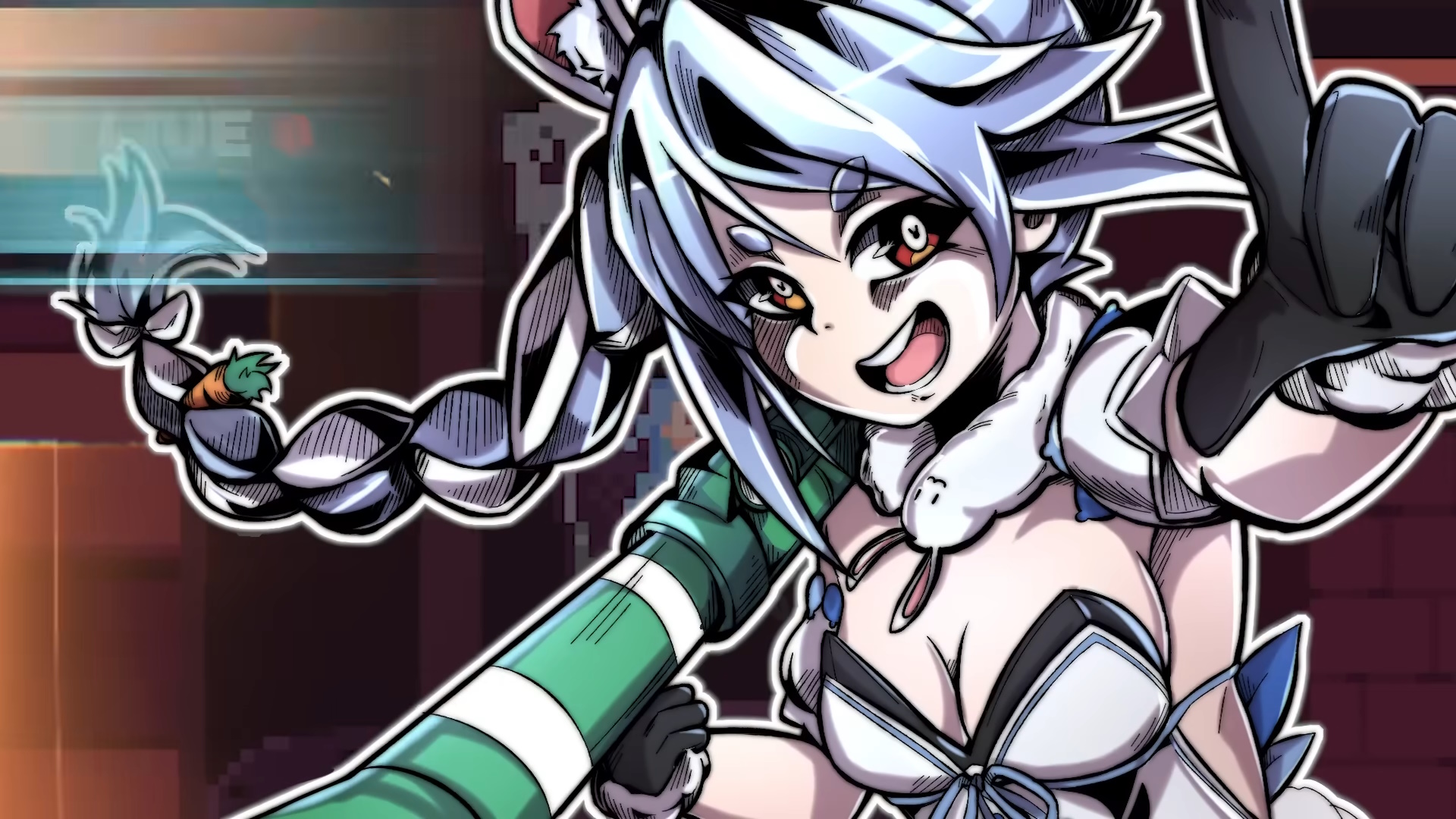
The first domino fell years ago. Banjo-Kazooie composer Grant Kirkhope shared a clip of an anime dog girl laughing along with the iconic Rare platformer's sound effects, captioned: "I love it!" I loved it, too. I didn't really know what it was or where it came from, but it was cute and in the moment that was enough. That anime dog girl was Inugami Korone, one of the dozens of streamers under vtubing agency hololive of Japanese company Cover. Fast-forward a few years – years filled with a frankly alarming number of shockingly good hololive fan games and, now, officially sanctioned fan games – and you'll find me in a call with the CEO of Cover, Motoaki Tanigo, often called Yagoo by Western hololive fans, digging into the future of the company and the tech it's built on.
Vtubing is big, only getting bigger, and hololive is one of the biggest names in the business – by several metrics, the biggest. I was recently in Osaka, Japan for a Monster Hunter Wilds hands-on preview event and happened to recognize hololive talent Hoshimachi Suisei on a large billboard at the heart of a busy shopping district. Just last week, hololive talent Usada Pekora was nominated for best content creator at The Game Awards 2024, Tanigo watching from the audience. More importantly, at least to me, hololive has the strongest gaming arm by far. There's significant and increasing overlap in games and vtubing, both in what games are made and how they're discovered. Hololive has seen partnerships and cameos with the likes of Among Us, Disgaea, Paladins, Valkyrie Profile, Tales of, Sonic the Hedgehog, Metal Gear, and a lot more.
It's not all commercial guff, either. Hololive games like HoloCure, a free and stellar Vampire Survivors-flavored bullet heaven roguelike, prove that there's real substance to these characters – stories and gags which are crafted by streamers and their viewers alike, and which can become the base for fun and flavorful game worlds, even for those out of the loop. With hololive actively soliciting and publishing more games than ever, I spoke to Tanigo (via interpreter) about Cover's gaming plans, his expectations for vtubing as a whole, as well as the company's rougher waters this year.
Responses edited for clarity and length.
Vtubers, wrestlers, and idols
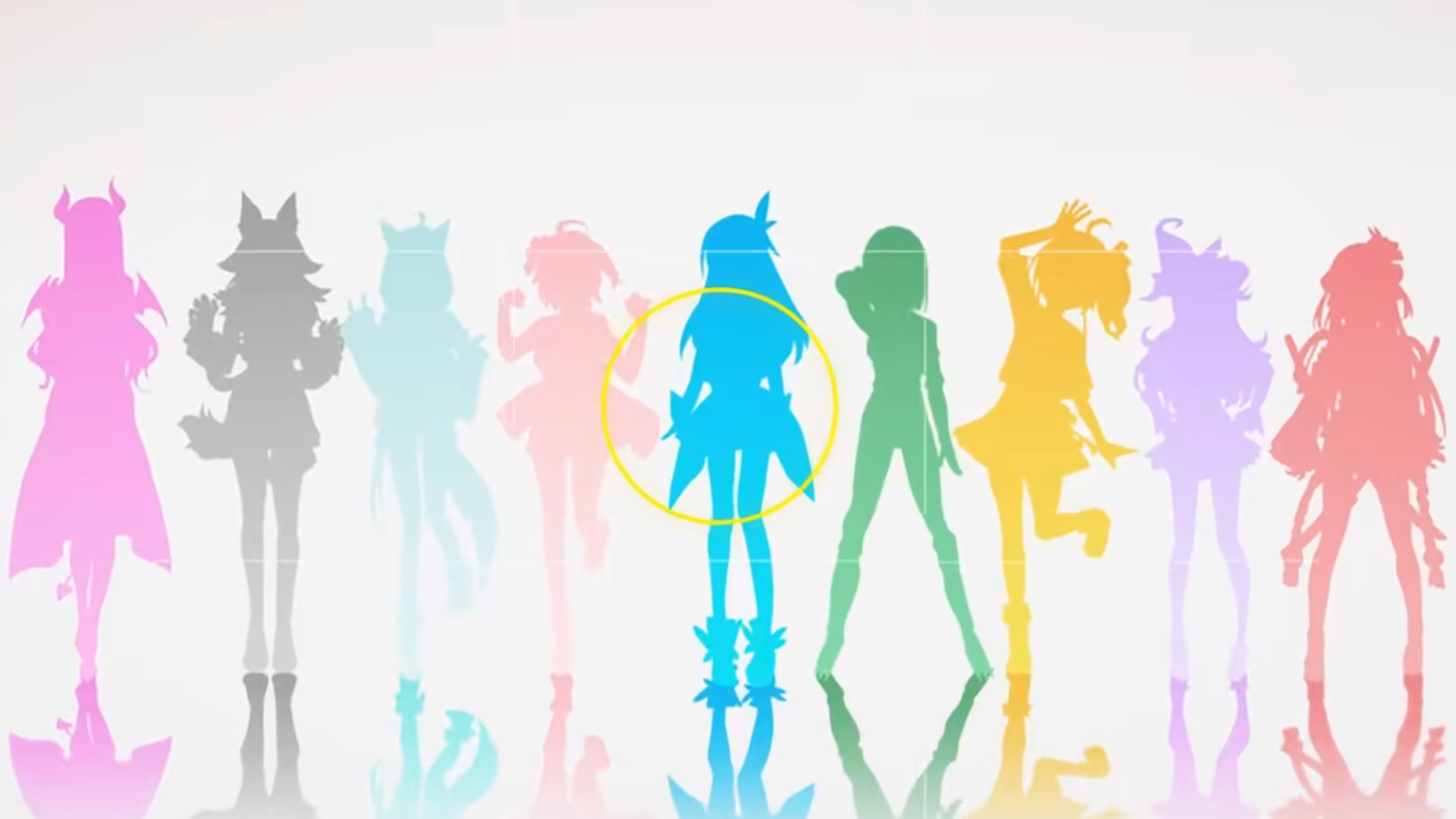
GamesRadar+: A lot of hololive streams focus on games and now Cover is directly getting involved in games with its own indie publishing label. What are your goals or hopes for hololive in this space?
Motoaki Tanigo: We have to think of the gaming strategy. One of them is the one you mentioned, holo Indie. Making our own indie games to reach the fans and to reach a new audience. The other one will be licensing, using our IP with other games and gaming companies. Our intention is not to be a competitor of the current gaming companies, who are our very important clients. Instead of that, we are trying to figure out how to be support for the indie game developers.
What might future licensing deals look like? Talents appearing in games as playable characters and things like that?
Weekly digests, tales from the communities you love, and more
There will be two lines for the licensing business. One of them will be like the in-game collaborations, as you mentioned, having skins and all of that inside games. The other would be using the IP and the characters in their own games.
So you don't see Cover ever producing games in-house, but rather working with external partners.
We don't have an internal game development team. We don't have plans for that, because we don't want to be rivals to other gaming companies. We want to work along with them.
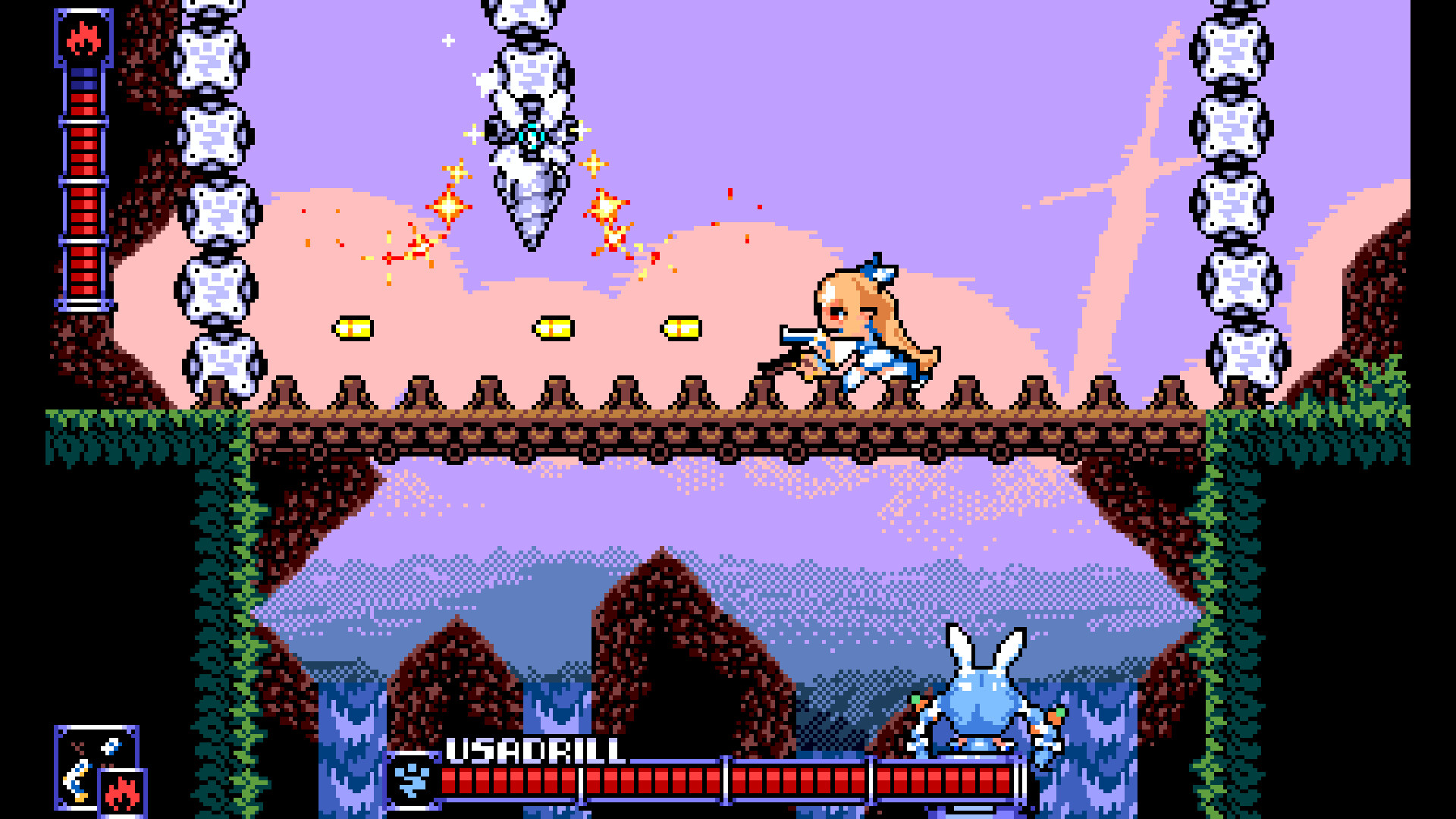
Looking at holo Indie, I know there are ambassadors for that label, Ichijou Ririka and Kaela Kovalskia. How were they selected and what will they be doing?
We select the talent depending on their passion for indie games. If they love indie games, they are selected.
Another big project is holo Earth, described as an open-world game but also a way for fans to interact. What sort of gameplay are you envisioning there?
We plan to have the official launch for holo Earth in spring next year. As you know, in the gaming industry that might change, but that's the plan. We have several updates planned that we'll announce in due time, but the concept for holo Earth is creating a metaverse with emphasis on user-generated content. Like holo Indie, we want to work alongside creators.
Some companies have distanced themselves from metaverse projects. What is Cover trying to accomplish with holo Earth, and what makes this format or technology a good fit?
We're aiming to create a technology similar to Fortnite and Roblox where the players can create their own content without any need of coding knowledge or anything like that. That will be one of the goals, and the other will be, in the future, adding innovative technology made by Cover.
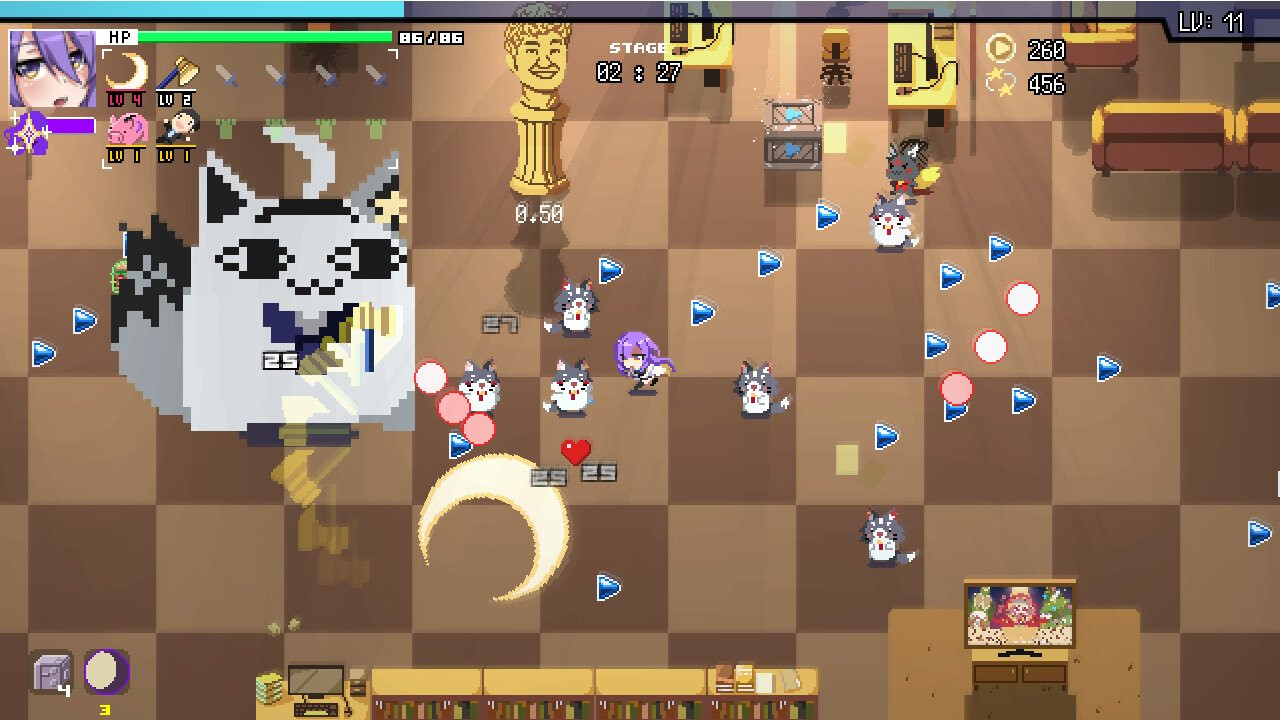
Changing gears a bit, looking at vtubing in general, I think it's easy to say, well, of course the anime girl streamers came from Japan. But culturally or technologically, what do you think made Japan the perfect incubator and launchpad for vtubing?
Everything started with Hatsune Miku, that kind of culture of user-generated content, making videos with Hatsune Miku and all of that. Vtubing was the next step. Let's do the same thing but using a live stream and motion capture.
How do you explain vtubing to someone who doesn't know much about it, but maybe likes anime or Twitch streamers? How do you appeal to people?
Vtubing is a tool to showcase your skills without having to depend on or be affected by your appearance, your sex, your gender. It's using your skills to become a talent using that technology.
We actually don't think in the span of five years. We think in 10 years. There's a reason behind that.
Motoaki Tanigo
I've seen vtubing compared to the theater of pro wrestling, and I kind of agree. Does that make sense to you?
It's a little bit similar in the sense you are role-playing, but it's not only like a pro wrestler. You can also have idols, you can have singers, you have actors and actresses.
I think the throughline is how the audience and the performer both participate in the development of this character and what the show is like.
That might be it, yeah.
As hololive gained more overseas talents, has there been some culture shock on what both sides want or expect from each other?
The practice of business is quite different in the United States. Well, in the West. In Japan it's more like the talent working for the agency. In the States, the talents are more independent in that aspect. So we have to adjust that business mindset when working with Western talents.
As an example, when we are talking about game permissions, Japanese companies have stricter rules on how to handle the rights and there's a different way of business practice, and that will limit the creative liberty of the talent sometimes. We need to adjust to that on both sides and make sure everybody is happy.
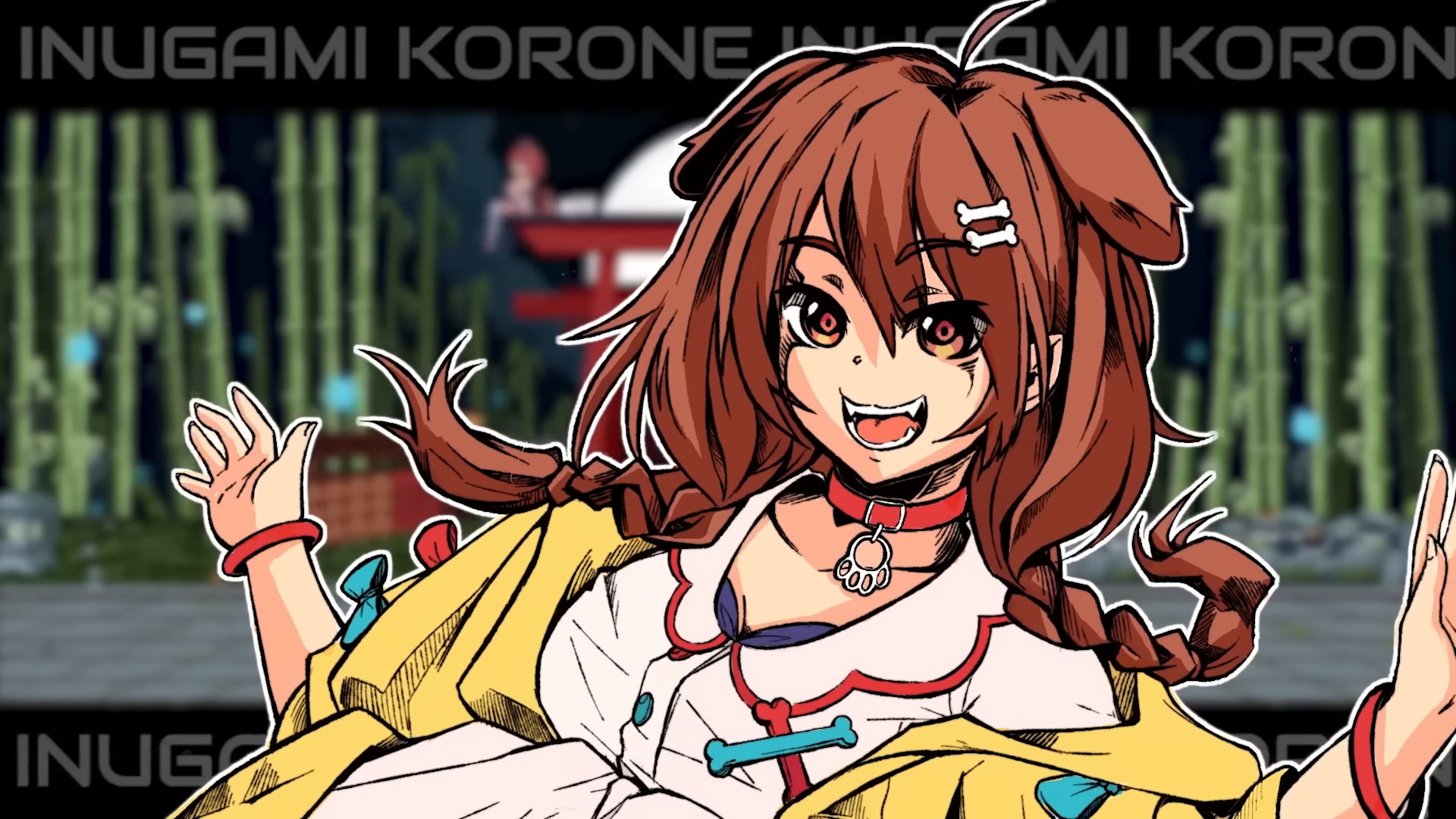
We talked about Hatsune Miku earlier. Looking at the culture of hololive, why does Cover push so hard to maintain the idol presence of singing and dancing and performances alongside normal streaming? What's the advantage of that element?
Anyone can do live streaming on their own. The good thing about being in an agency like us is we can add that extra value with the live concerts and other activities like that. That's added value we have for the talent. And also, with the concert, they can increase the number of fans, so it's a good thing for them.
If you're going to have idol culture woven into this, the idol industry has historically seen unhealthy relationships or attachments develop around some fans. How do you protect talents from that and make sure they and their audience stay happy and healthy?
We have several ways to protect the talents. For example, during live streams, we always have moderators during the live streams, even 24 hours a day. We have moderators for forums. If the talent is tired from working we, of course, give them breaks. That's perfectly fine with us.
What are your predictions for what the vtubing industry might look like in, say, five years, and how do you want Cover and hololive to grow and improve in that time?
We actually don't think in the span of five years. We think in 10 years. There's a reason behind that. Hatsune Miku became mainstream, a regular, in 10 years. We're expecting that vtubing is going to become a major, regular thing in the span of 10 years. Regarding Cover, we plan to grow bigger so we can provide these tools to as many creators as we can.
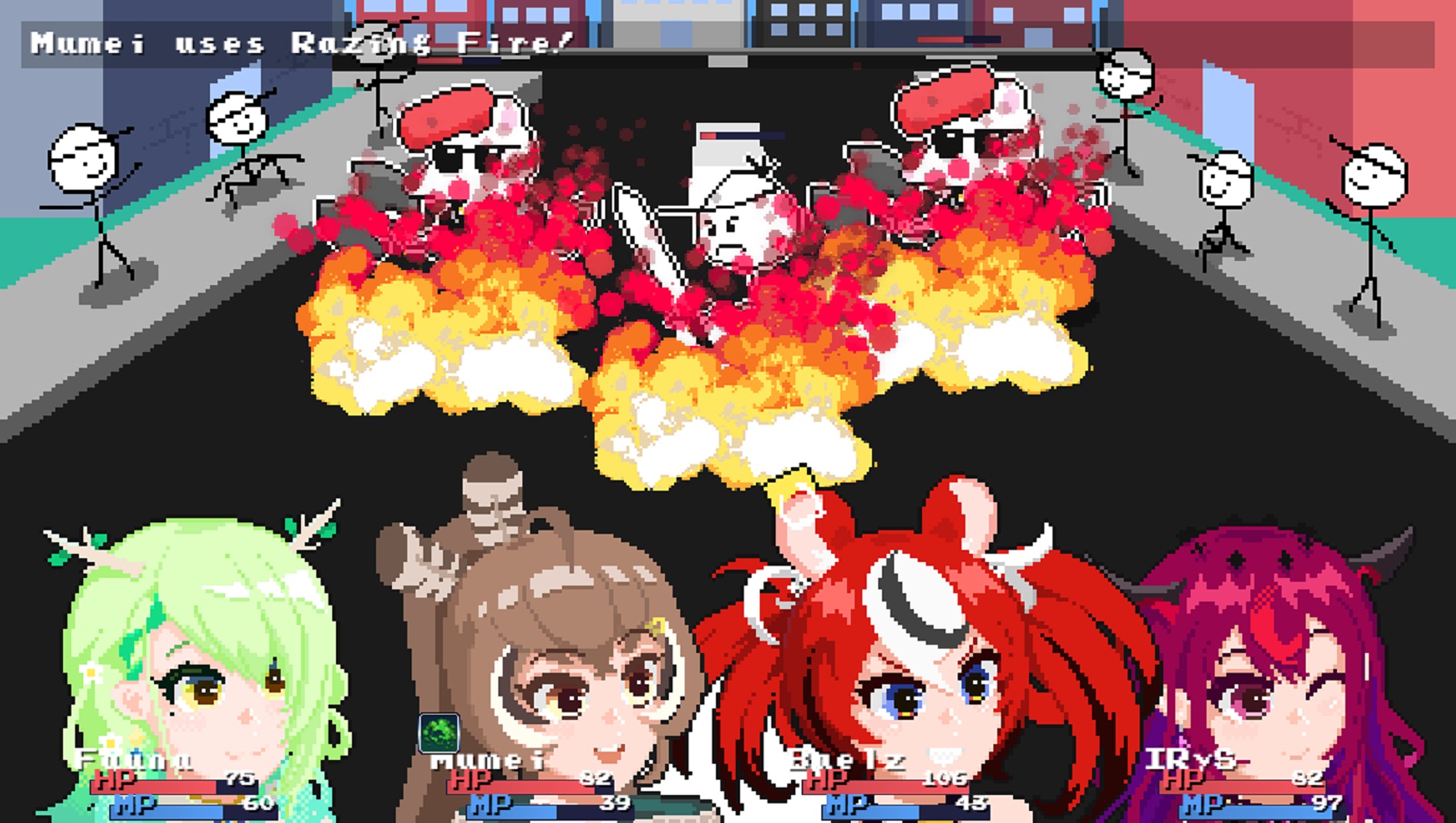
Are you familiar with the running gag in the overseas community about "Yagoo's dream"? One of the talents might get caught in some risque or raunchy situation and people will say, "Oh, Yahoo's dream has died once again." Like the pure idol facade has fallen. How is your dream doing?
One thing is that this is about idol agencies and the creator's agency. It's not like we're just looking for a pure ideal idol. Regarding my dreams, they're fine!
This year, and even just in the time we've been arranging this interview, there's been a lot of news around hololive and, especially in the English community, concerns and speculation about why some talents are leaving or what things look like behind the scenes. How do you respond to fans worried by the departures this year?
The talents are really important to us. We are doing everything we can to make it better, and we hope the fans will stay with us and watch over our talents moving forward.
These are the 25 best games of 2024.

Austin has been a game journalist for 12 years, having freelanced for the likes of PC Gamer, Eurogamer, IGN, Sports Illustrated, and more while finishing his journalism degree. He's been with GamesRadar+ since 2019. They've yet to realize his position is a cover for his career-spanning Destiny column, and he's kept the ruse going with a lot of news and the occasional feature, all while playing as many roguelikes as possible.


